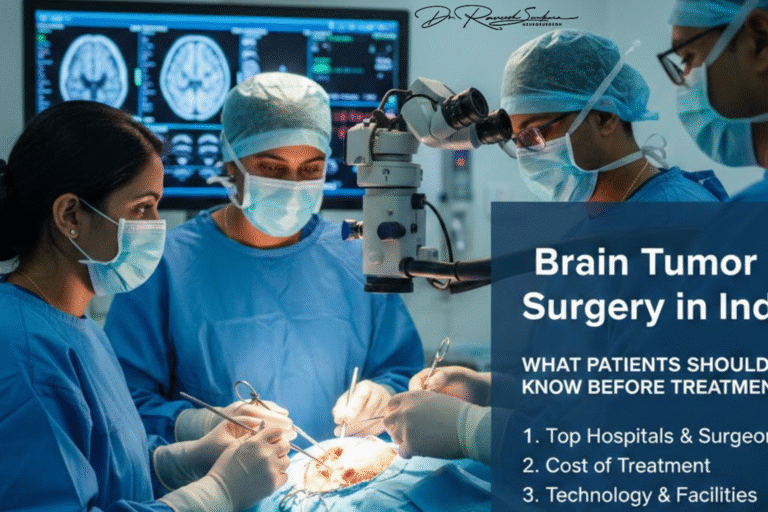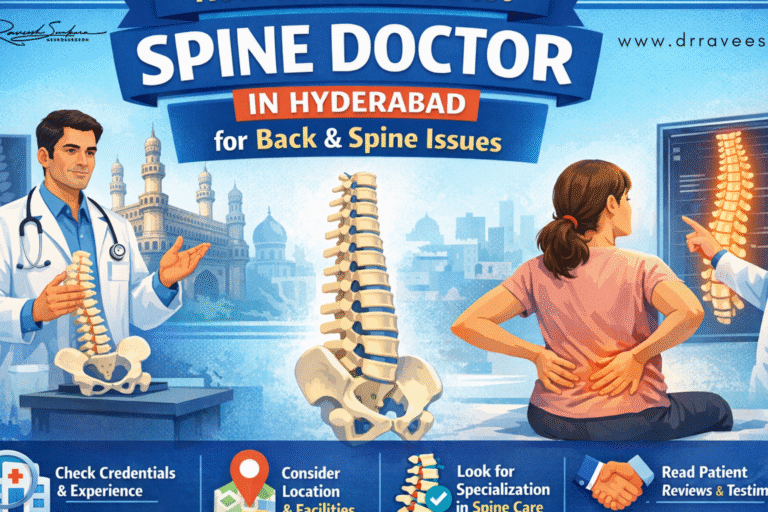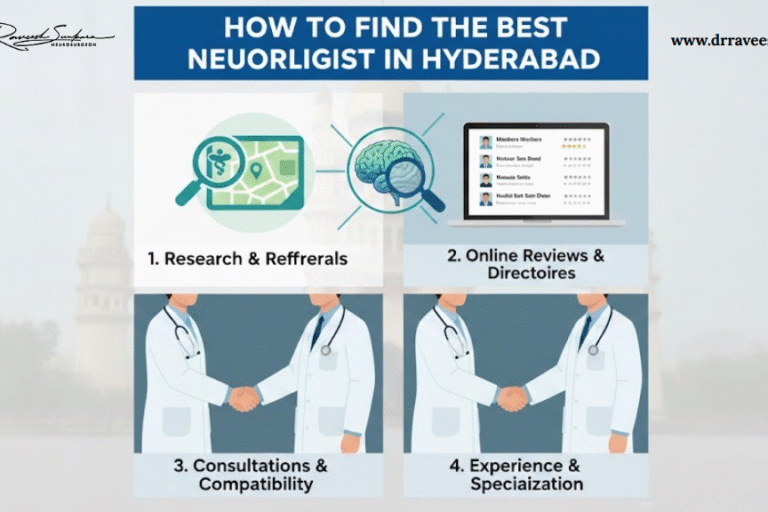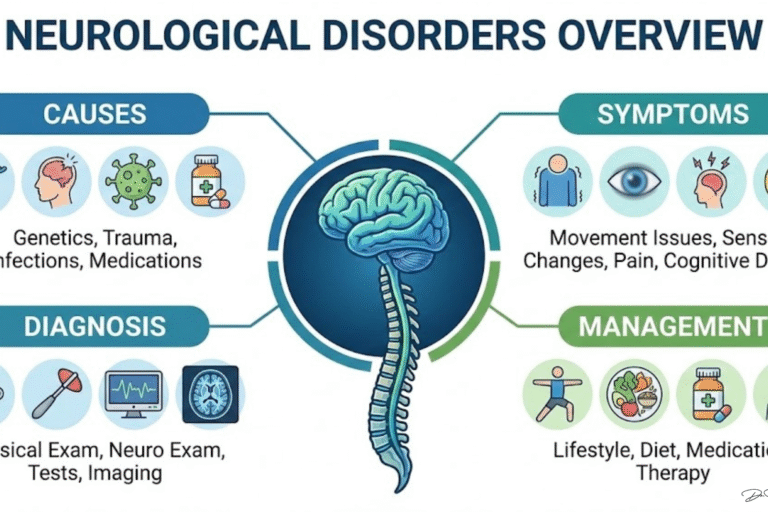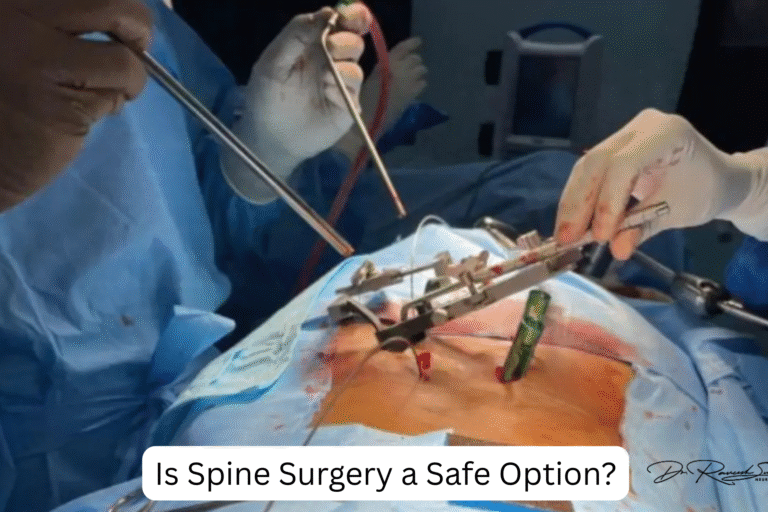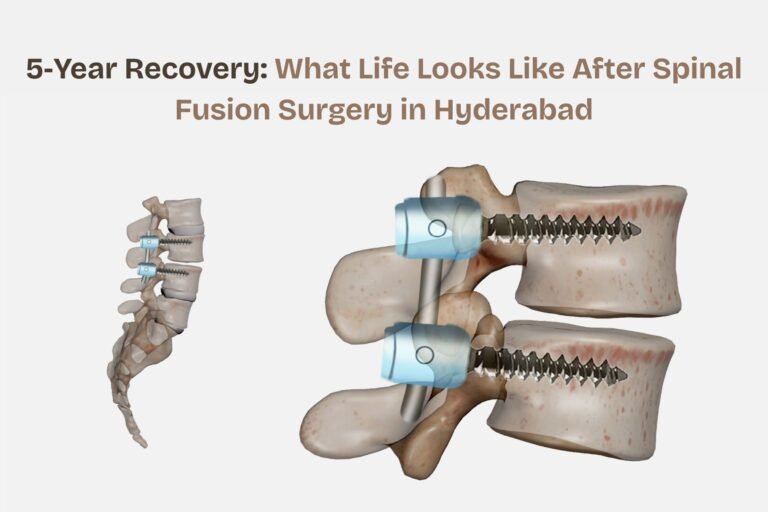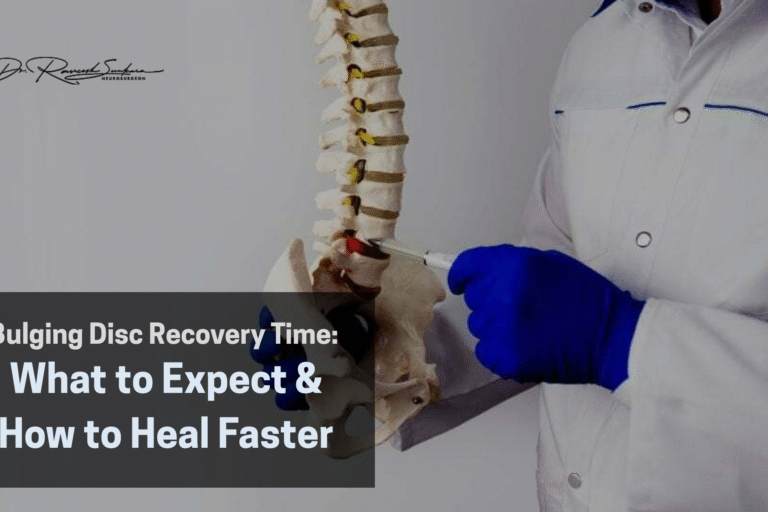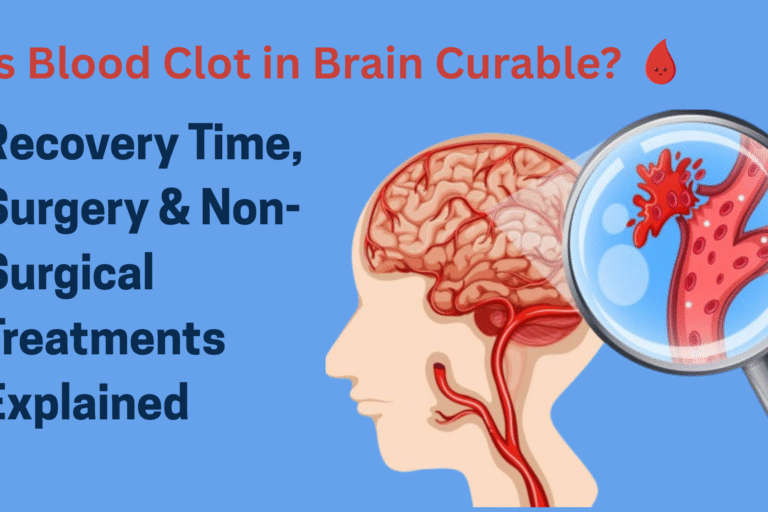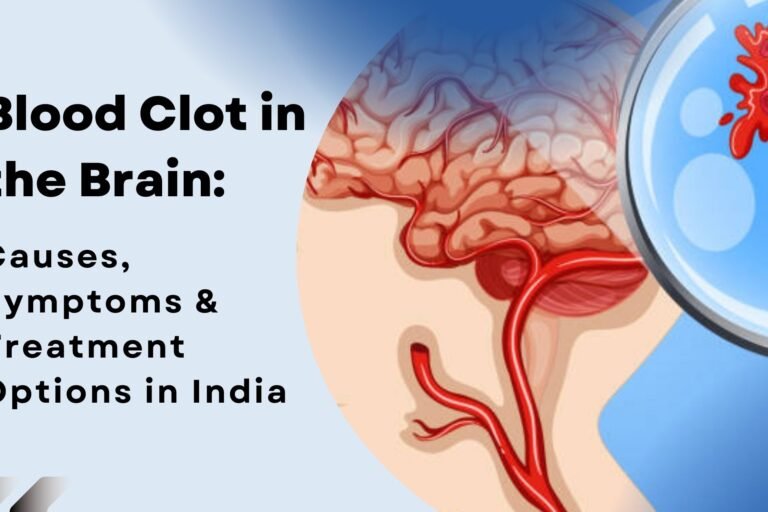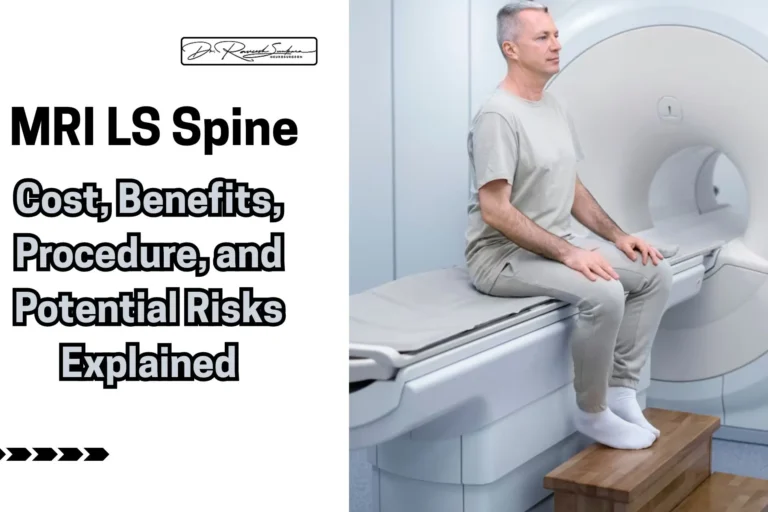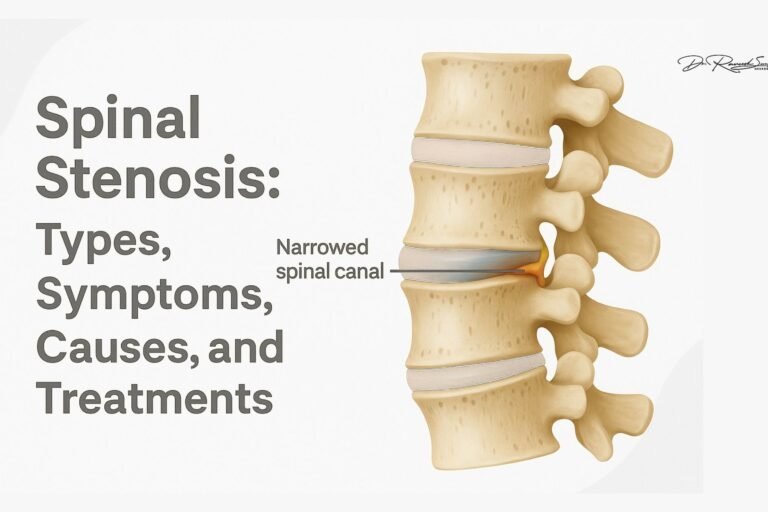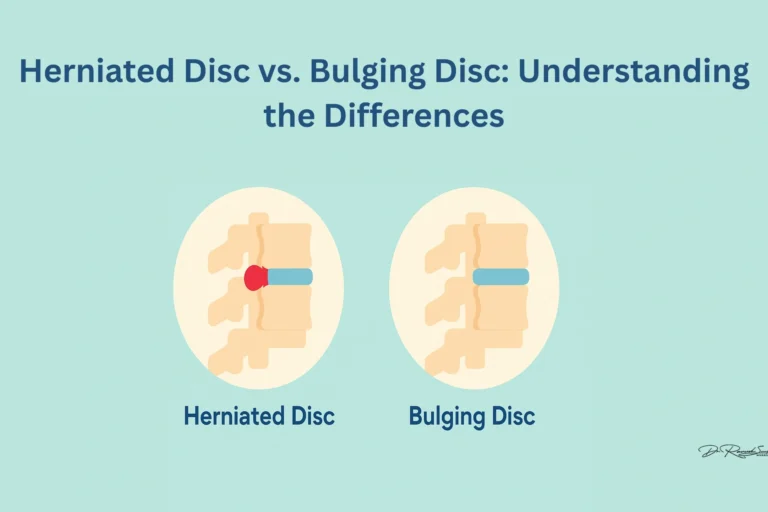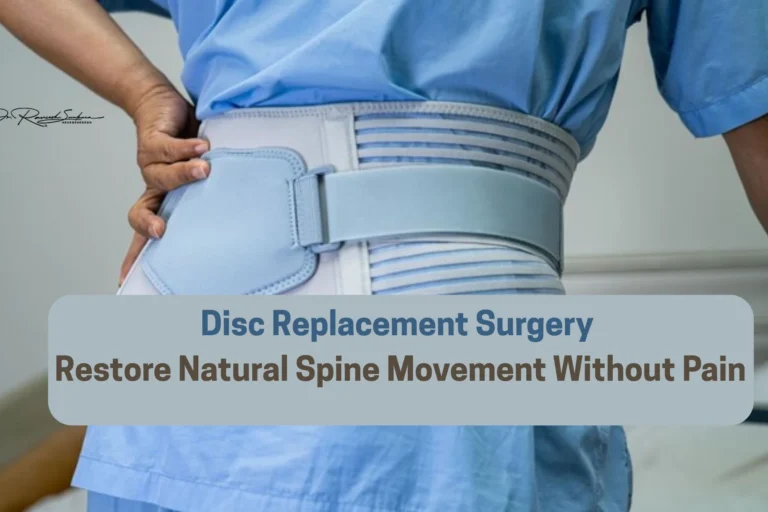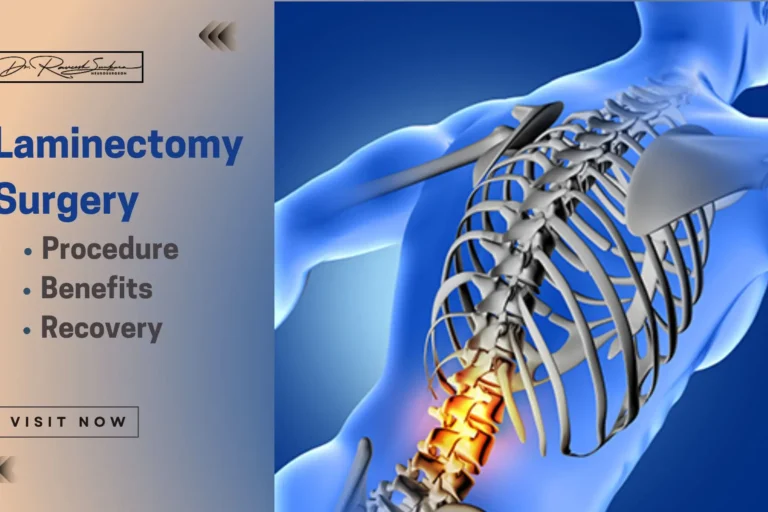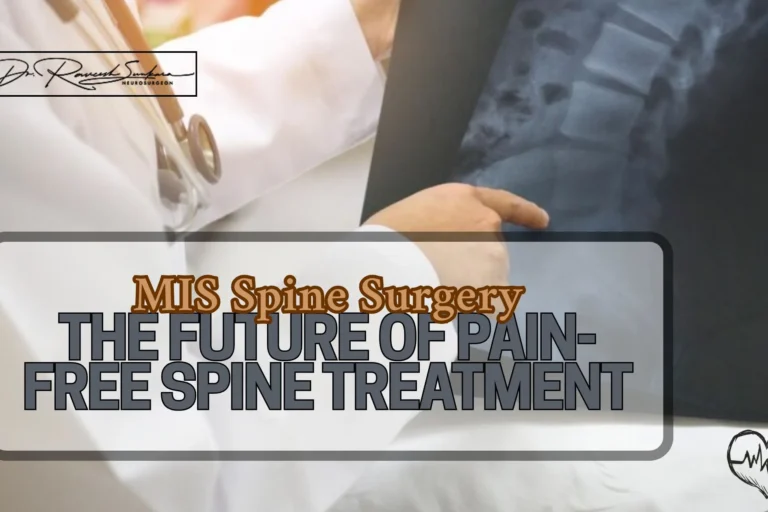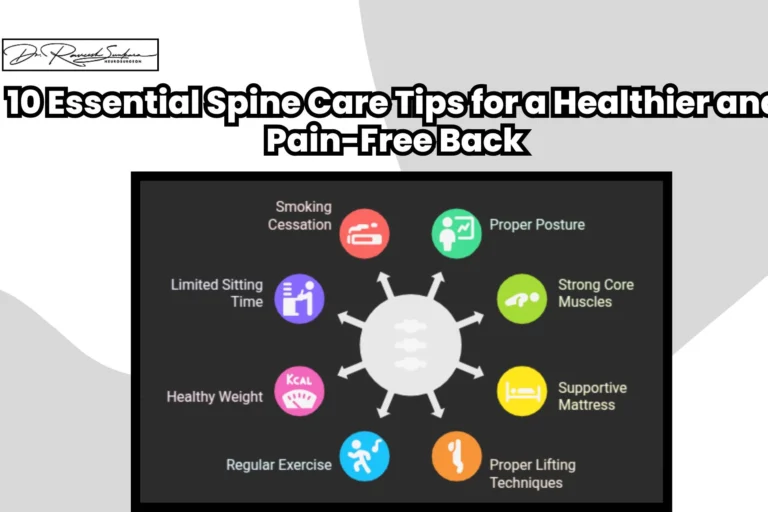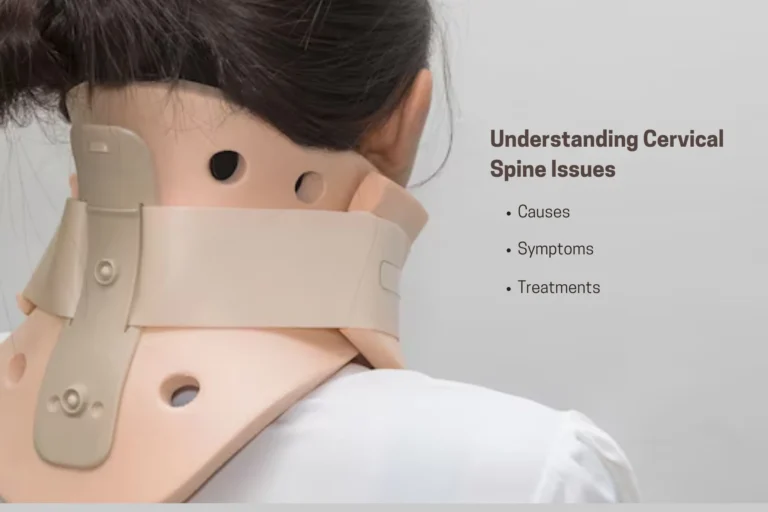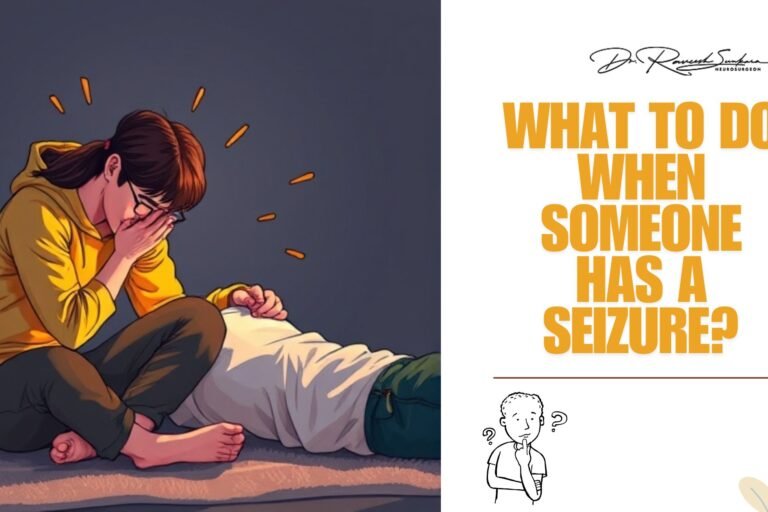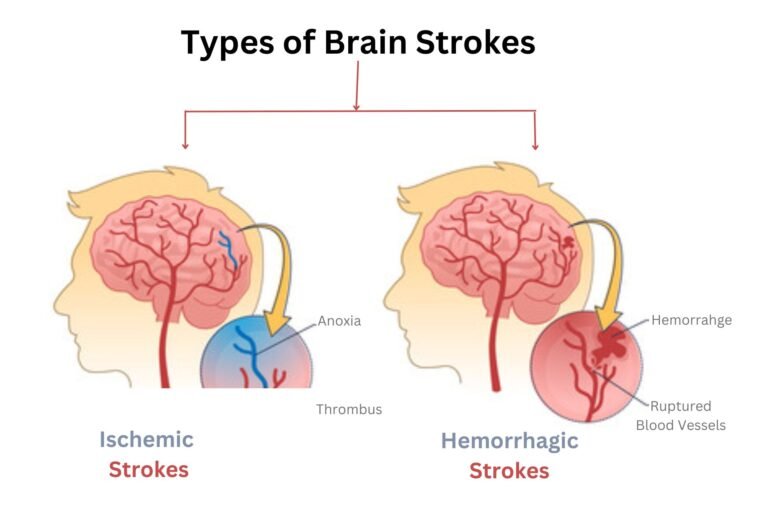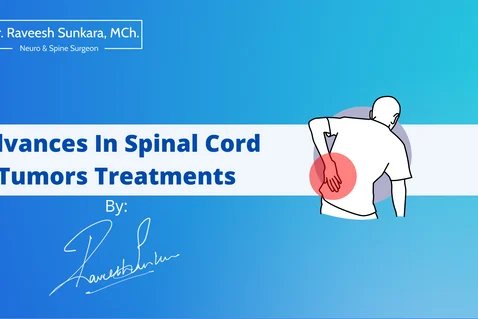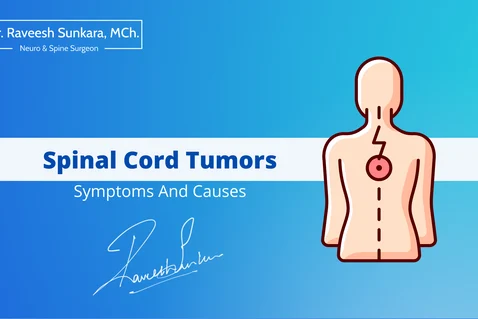Endoscopic back surgery comes with a set of unique advantages that are making it increasingly popular for addressing spinal conditions. Here’s why:
It requires a tiny incision, meaning less trauma to the surrounding tissues.
Smaller incisions mean patients often feel less pain after the operation.
Patients typically recover faster than with traditional surgery. They often resume routine activities within weeks.
A smaller incision leads to less noticeable scarring—a win for appearance and function.
Its less invasive nature reduces the risk of infections and complications.
Instead of cutting muscles, this approach weaves between them. This keeps their function intact.
Many procedures are outpatient. It allows patients to go home the same day.
- Precision with Real-time Imaging:
Surgeons get a magnified, clear view with the endoscope. This ensures accuracy during surgery.
Though the upfront cost might be similar, savings come in the form of quicker recoveries and fewer complications.
- Enhanced Quality of Life:
Many report significant pain relief and overall life improvement post-surgery. Considering these benefits, endoscopic spine surgery is becoming a top choice for spinal treatments. However, always consult with a specialist to see if it is the right fit for your needs.
After endoscopic spine surgery, quality postoperative care is the key to a successful recovery. Here’s what you can expect during the recovery journey:
Even though endoscopic surgeries are less painful than traditional methods, you might still feel mild discomfort. Your doctor will likely prescribe non-opioid pain relievers. Always follow the dosage instructions and voice any concerns to your doctor.
For a few weeks, refrain from heavy lifting and strenuous activities. But don’t stay bed-bound! Gentle walks and light activities can help speed up healing.
A tailored physical therapy routine can help you regain strength and flexibility faster. It is a step towards regaining your full range of motion after surgery.
Keep your incision site clean and dry. Follow your doctor’s guidelines about showering, and stay alert to any signs of infection.
Schedule and attend regular appointments with your surgeon. This helps track your recovery progress and address any potential issues.
Drink plenty of water and eat a balanced diet. It is essential for healing.
Avoid smoking post-surgery. Tobacco can slow down your recovery, especially after spinal procedures.
You might get a back brace for added support. It helps restrict movements that might strain your spine.
Though complications are uncommon, watch for signs like increased swelling, fever, or pain. If something feels off, contact your doctor immediately.
- Stay Curious and Connected:
Always feel free to ask your healthcare provider questions. Staying informed helps you make confident decisions about your health.
Remember, the success of your recovery doesn’t just hinge on the surgery itself. Taking an active role in your postoperative care can make all the difference in your healing journey.


 Endoscopic spine surgery marks a significant leap forward in spinal treatments. This method focuses on less invasiveness and faster recovery. Using a small endoscope, endoscopic spine surgeons can make a minor incision to access the spine. It helps minimize tissue damage and post-surgery pain.
Endoscopic spine surgery marks a significant leap forward in spinal treatments. This method focuses on less invasiveness and faster recovery. Using a small endoscope, endoscopic spine surgeons can make a minor incision to access the spine. It helps minimize tissue damage and post-surgery pain. Endoscopic back surgery has seen impressive advancements, resulting in various techniques for different spinal issues. Here are the key types:
Endoscopic back surgery has seen impressive advancements, resulting in various techniques for different spinal issues. Here are the key types:





 Endoscopic spine surgery’s success rate depends on the condition addressed and the surgeon’s expertise. Let’s break it down:
Endoscopic spine surgery’s success rate depends on the condition addressed and the surgeon’s expertise. Let’s break it down:



 Physical Therapy:
Physical Therapy: Regular Check-ins:
Regular Check-ins: Diet and Hydration:
Diet and Hydration: Brace Up (if advised):
Brace Up (if advised):